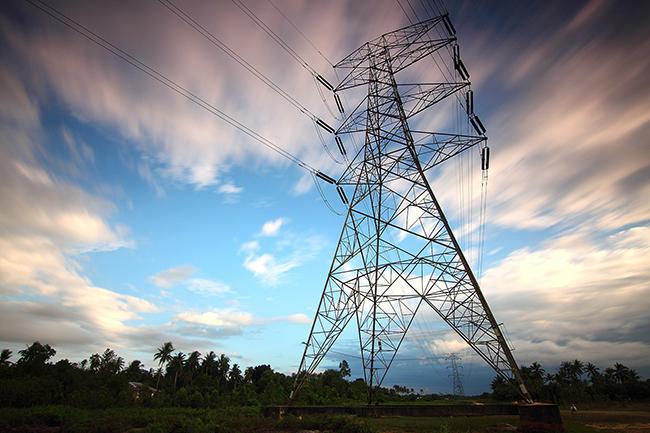Electricity remains costly in the Czech Republic compared to V4 peers
According to a new analysis from the Creditas Group, the Czech Republic currently has the highest electricity prices among the Visegrad Four (V4-Czechia, Hungary, Poland, and Slovakia) countries. Unlike its regional neighbors—Poland, Hungary, and Slovakia—which use various forms of price regulation and state intervention to shield consumers from wholesale energy price increases, the Czech market is exposed to full market pricing.
As a result, Czech households pay around €0.33 per kilowatt hour—roughly triple the price paid in Hungary and double that of Slovakia. This pricing is comparable to Germany, one of the most expensive energy markets in Europe. When adjusted for purchasing power, the electricity cost burden is even more severe in the Czech Republic, making it the least favorable among V4 countries.
In contrast, the Czech Republic fares better in terms of fuel prices. It currently has the lowest gasoline prices in the V4 region, supported by a stable tax system and a strong national currency. However, the analysis notes that despite lower nominal prices, fuel remains costly relative to income levels. For comparison, Czech fuel costs are nearly double those in Germany when measured against purchasing power.
Looking ahead, the report warns that upcoming European Union policies—particularly the introduction of the EU ETS 2 emissions trading system for transport and building heating—could significantly affect future energy costs.
The Creditas analysis also examined broader economic trends in the region. While the Czech Republic continues to lead the V4 in terms of GDP per capita, its advantage is narrowing. Economic growth has slowed, and structural issues such as high housing and energy costs and limited investment are dampening the country’s development potential.
In the last 20 years, Poland has made the fastest progress toward the EU average among V4 countries. Rising wages, improved purchasing power, and lower consumer costs have pushed Polish incomes above those in the Czech Republic. In terms of real wages and consumer affordability—especially for housing and food—Poland is now considered more favorable than the Czech Republic.
Petr Dufek, chief economist at Banka Creditas, emphasized that GDP per capita alone does not fully reflect living standards. “Poland has emerged as the economic leader of the region. Although the Czech Republic remains the most advanced, it is losing momentum. Slovakia is stagnating, and Hungary continues to fall behind,” he said. Dufek added that Slovakia’s early adoption of the euro brought only temporary advantages.
While food price inflation in the Czech Republic has been relatively modest, the country still ranks as one of the most expensive in the region for groceries. Poland and Slovakia maintain their positions as the most affordable food markets.
Dufek concluded that unless the Czech Republic identifies new sources of economic growth and actively addresses housing and energy costs, it risks falling behind Poland not only in income but also in overall quality of life.
The Creditas Group specializes in long-term investments in financial services, energy, and real estate. The group is owned solely by its founder, Pavel Hubáček.








